“You are on my mind and in my dua’s” -- Tayyibah Taylor
When Tayyibah Taylor was 12 years old, she picked up a copy of Ebony magazine and saw images of women that looked like her, perhaps already understanding what would later become so clear – the importance of seeing images and reading stories that resonate with you. In 2000, she founded Azizah magazine, the first mainstream Muslim women’s magazine in North America. She was its Editor-in-Chief and Publisher until she passed away in September 2014.Tayyibah was a true trailblazer. She was instrumental in changing the image of Muslim women in America, and in allowing Muslim women to tell their own stories; she traveled and spoke extensively, and was passionate about promoting interfaith understanding.I wrote several articles for Azizah magazine, but our bond was forged in a different way. Two years ago, Tayyibah and I were participating in a media workshop in Washington, D.C. on “The Image of Muslims in the U.S.” On the first day, I came in late, delayed at the hospital where I was having radiation treatment for breast cancer. Tayyibah, keenly sensitive, asked me if everything was okay. I shared with her what I was facing. She hugged me tightly, encouraged me to have strong faith, and told me about the power of black seed oil. That evening, she wrote: “I meant to tell you that despite your challenge with the diagnosis, you were glowing with serenity and beauty. May Allah continue to bless you.”I started sharing with Tayyibah a series of letters that I was sending to family and close friends about my breast cancer journey. She asked if I would be willing to have the letters published online at Azizah magazine. I hesitated at first; it was a private experience that I was sharing with a few. But then realized what Tayyibah had understood: so many are facing this challenge, and so few Muslim women are talking about it openly. She thought the letters could provide some hope or inspiration, or encourage conversations to help others unburden as well. We decided to title the series the five words with which I ended each letter: “We’ll get through this, InshAllah.”As I went through my treatment, Tayyibah would write and ask how I was doing. “I pray that you are well and that you are healing,” she wrote in one email, “You are on my mind and in my dua’s.” Even after I had completed the treatment, she continued to check up on me. She didn’t have to write; I was not family, not a close friend — just one of the hundreds of people that had crossed her path. She ended all her notes with “Light and blessings, TT”.A few months later, I was devastated to see the “Support Tayyibah through Cancer” campaign on Facebook. I wrote to her immediately, reminding her that so many people around the world are praying for her, ending my note, “We’ll get through this, InshAllah.”Last September, while I was waiting for my mammography results in the hospital, I read that Tayyibah had passed away. She had supported me through my ordeal, but had lost her own battle to the disease.Tayyibah has passed on physically, but her legacy will live on in all the ways that she inspired so many – to live with passion, to care with sincerity, and to tell our stories with pride and grace.Light and blessings TT.Please support Tayyibah’s legacy by subscribing to and donating to Azizah magazine: http://www.azizahmagazine.com (Adapted from my piece in “The Islamic Monthly”.)

